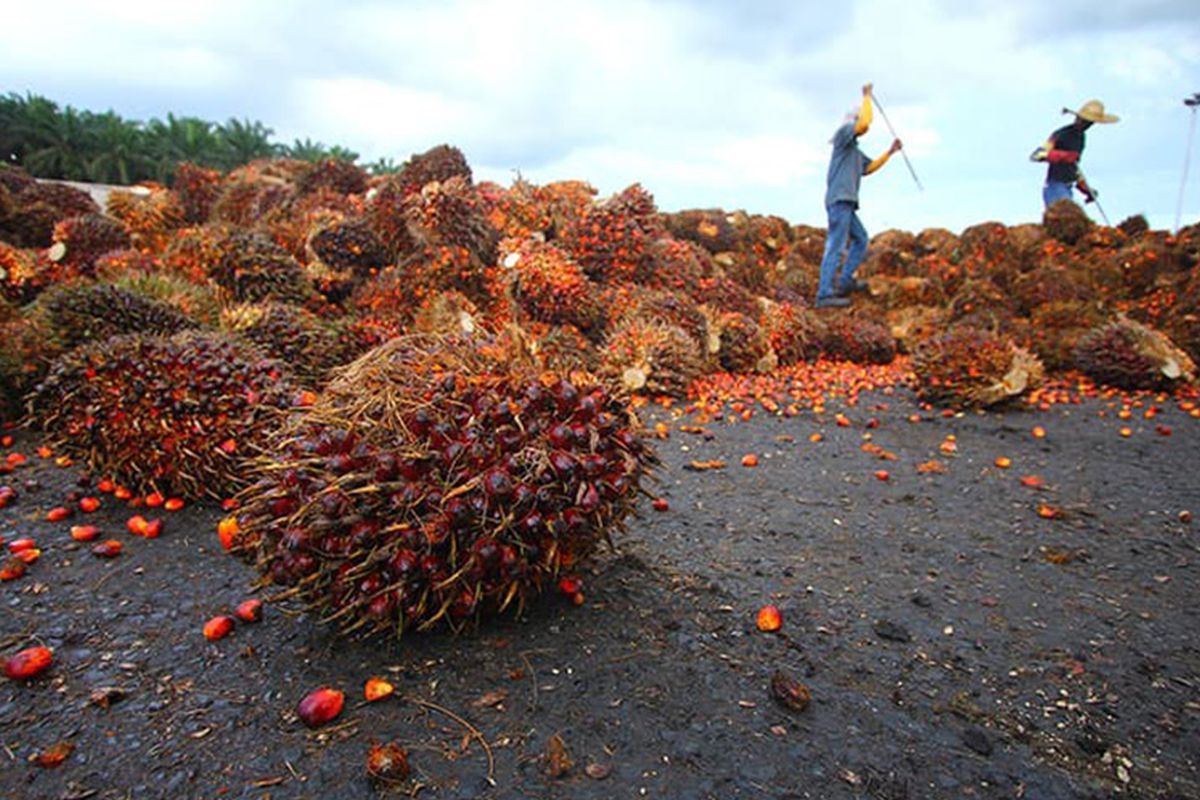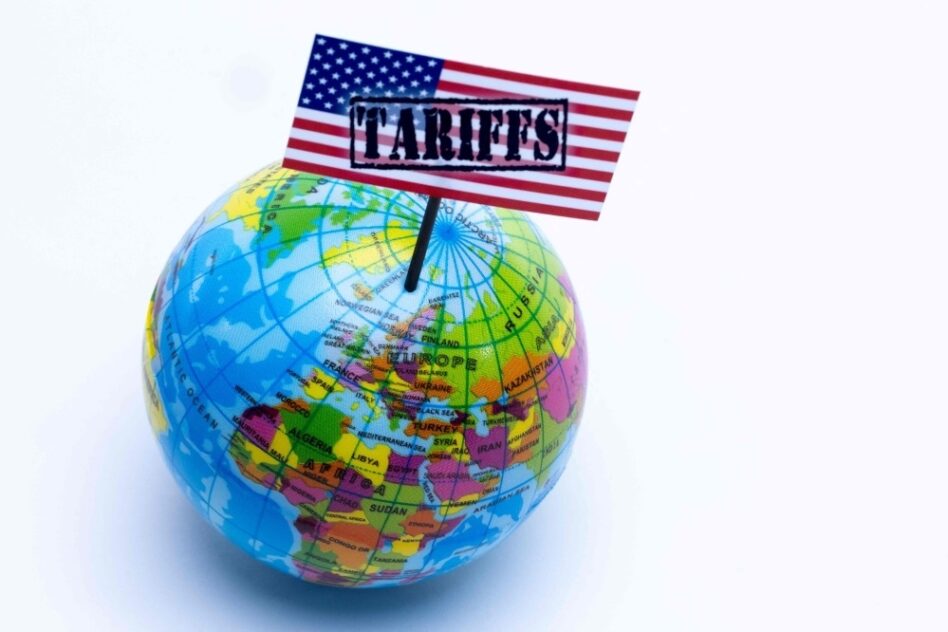IN ESSENCE, the Ukraine-Russia conflict should have minimal direct repercussions to Malaysia as both nations only accounted for 0.4-0.5% of total trade.
However, the ensuing war which has triggered escalating oil prices is a net negative for Malaysia’s fiscal position as incremental government revenue is more than offset by additional subsidy cost given the fuel price ceiling, according to Hong Leong Investment Bank (HLIB) Research.
“While the conflict has hit markets, the local bourse included, we see trading opportunities in stocks with O&G (oil & gas) upstream exposure as well as plantation stocks as supply disruption for sunflower oil could be a boon to palm oil,” projected head of research Jeremy Goh.
Brent oil price has surged past US$100/barrel, an increase of circa 50% since December 2021 when the Russia-Ukraine conflict started to build up. Russia is the third largest oil producer in the world at 10.5 million barrels/day or 11.2% of global output in 2020.
“As such, if sanctions eventually encompass Russian oil, this could send prices ascending further,” opined HLIB Research.
Moreover, there is also the issue of natural gas whereby Europe buys 38% of its consumption from Russian state-owned Gazprom – three out of seven pipelines that supply gas from Russia to Europe pass through Ukraine. Consequently, gas price in Europe have risen 66% since mid-February.
O&G players favoured by the research house for their upstream exposure are Hibiscus Petroleum Bhd (not rated), Dagang Nexchange Bhd (“buy”; target price: RM1.64) via its 90% stake in Ping Petroleum and Sapura Energy Bhd (“hold”; TP: 5 sen).
“The plantation sector (which we are “overweight” on) is another likely winner as sunflower oil supply disruption (76% comes from the Black Sea region where Ukraine is located) would cause buyers to seek alternative vegetable oils, palm oil included,” justified HLIB Research.
“While higher global energy prices may eventually reach Tenaga Nasional Bhd (“buy”; TP: RM13.60), we find solace in the IBR (incentive-based regulation) and ICPT (imbalance cost pass-through) mechanisms which were honoured during last month’s tariff review.”
As to how this latest development will affect the FBM KLCI, commodity prices and inflation, TA Securities Research said a quick check on three similar historical events – the (i) the September 11 attack on the US and subsequent US invasion of Afghanistan; (ii) US invasion of Iraq; and (iii) Russian annexation of Crimea from Ukraine – revealed that the impact on the benchmark index was more of short-term in nature.
“We believe the attack on Ukraine will not derail the current economic and corporate earnings recovery,” opined had of research Kaladher Govindan.
“As such, we view any correction in the FBM KLCI as a good opportunity to accumulate with 1,500 level acting as strong psychological support. Maintain our end-2022 FBM KLCI target at 1,700 based on CY2023 PER (price-to-earnings ratio) of 16 times.”
Among undervalued blue chips recommended by TA Securities Research included Axiata Group Bhd ((TP: RM4.55); Tenaga Nasional (TP: RM11.50); Telekom Malaysia Bhd (TP: RM7.00); Malayan Banking Bhd (TP: RM9.40); IOI Corp Bhd (TP: RM5.50); Kuala Lumpur Kepong Bhd (TP: RM29.43), Sime Darby Plantation Bhd (TP: RM5.97); TSH Resources Bhd (TP: RM1.84); and United Malacca Bhd (TP: RM6.38). – Feb 25, 2022









